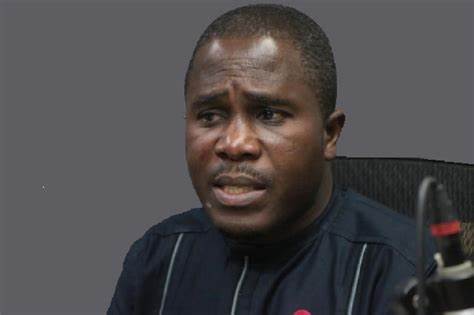Executive Director of the Institute for Energy Security (IES), Nana Amoasi VII, has delivered a critical assessment of Ghana’s approach to sustainable mining, raising concerns about environmental degradation, governance, and foreign dominance in the sector.
Speaking on the topic, “Sustainable Mining: Can Ghana Truly Balance Mineral Extraction with Environmental Preservation?” in a recent interview with JoyNews, he questioned whether the nation has responsibly managed its natural resources, particularly in addressing illegal mining and the long-standing environmental impacts it has imposed.
Nana Amoasi highlighted that “galamsey” (illegal mining) has not only intensified over the years but has led to unprecedented destruction of water bodies and land, affecting the livelihoods and health of local communities.
“If someone has to suffer for this, it means the responsible authorities failed to enforce checks on miners and the citizens eager to exploit these resources,” he stated.
He emphasized that while mining remains essential to Ghana’s economy, it has been mismanaged, with the government often defending irresponsible practices, even when they occur in protected forest reserves.
Reflecting on his experience in Obuasi, a historic gold mining town, he noted that mining has not yielded substantial local development. “Ask me, what is the state of Obuasi today? What is the state of Tarkwa today? Mining itself is not generating the anticipated revenue or development,” he said, citing that mining communities often face worsened economic conditions after mining operations cease.
The lack of substantial benefits, he noted, stems from Ghana’s dependence on foreign companies for large-scale mining, which yields limited returns to the country and diminishes Ghana’s control over its own resources.
Speaking further during the interview, Nana Amoasi underscored the urgent need for policy reforms to increase Ghanaian ownership and involvement in mining operations.
“We should begin to look at policies that guard against unnecessary intrusion by foreign entities. Ghana must be more deliberate in building its own capacity,” he argued, referencing the nation’s Mineral Income Investment Fund, which could be better utilized to support local mining ventures rather than undertaking more foreign investments.
The Executive Director called for a cohesive national framework that prioritizes Ghana’s environmental preservation while enhancing the capacity of local entities to play a more substantial role in mining.




















